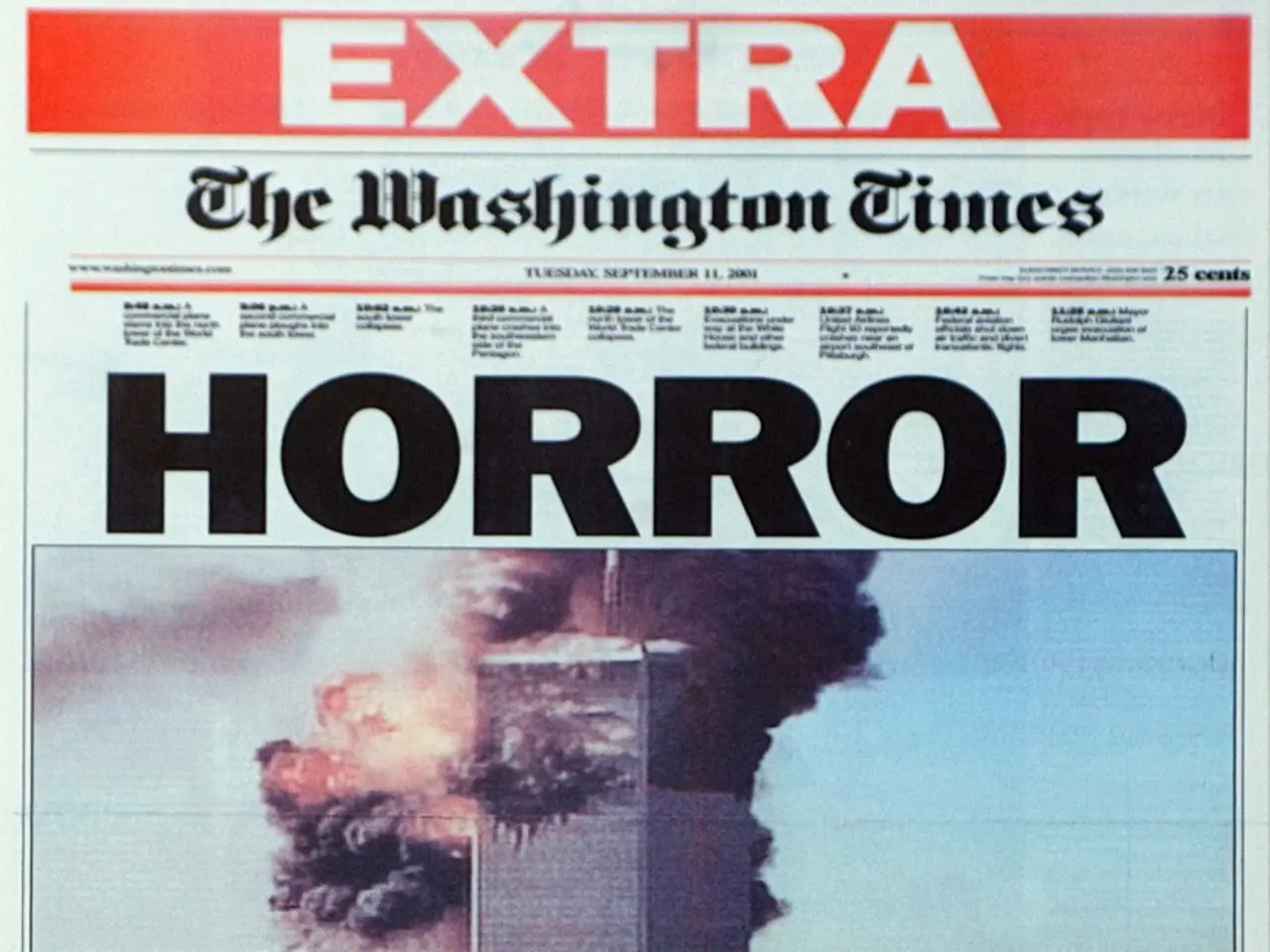Israel and Palestine in Need of Meaningful Discourse Towards a Two-State Resolution During their Ongoing Conflict
India Urges Peace and Humanitarian Aid in Israel-Palestine Conflict
India has reiterated its stance on the Israel-Palestine conflict, advocating for a peaceful resolution and urging immediate humanitarian aid for the people of Gaza. The South Asian nation's position is shaped by its geopolitical priorities in the Middle East, balancing the rights of Palestinians with strong ties with Israel.
The Israel-Palestine conflict, a long-standing territorial and nationalist dispute, has deep roots in the late 19th century and has escalated into violent clashes over the years. The key issues at hand include territorial disputes, refugees and the right of return, security concerns, Jerusalem, recognition, and governance.
Recent events, such as the conflict that erupted in October 2023, have worsened humanitarian conditions in Gaza, placing the population at risk of severe famine. The ongoing conflict has regional and global implications, involving countries like Iran, Hezbollah in Lebanon, the Yemeni Houthis, Syria, and U.S. interventions, destabilizing the wider Middle East.
In light of these challenges, India has called for a two-state solution to be achieved through direct diplomacy between Israel and Palestine. India has also urged an unconditional ceasefire in the Middle East, with a focus on lasting peace. The long-term goal of achieving peace through a two-state solution requires sustained international cooperation.
India's efforts in resolving the Israel-Palestine conflict depend on whether Israel and Palestine can be brought to the negotiating table and whether the international community can overcome political hurdles to facilitate meaningful peace talks.
India's role in facilitating peace and addressing the humanitarian crisis stemming from the Israel-Palestine conflict is becoming increasingly important. The country has emphasized the urgency of resolving the conflict to end human suffering.
In the UN High-Level International Conference on the Peaceful Settlement of the Question of Palestine, India reaffirmed its commitment to peace and asserted its role as an important voice in shaping the future of the region. India's stance on humanitarian aid is that it must remain independent of the political context of the Israel-Palestine conflict.
India's call for dialogue and diplomacy is an appeal for international actors to support genuine engagement between the parties involved in the Israel-Palestine conflict. India's diplomatic voice is crucial, especially in light of the stalled peace talks and the challenges of reconciling Israel's security concerns with Palestinian demands for statehood.
The severe hardships faced by the civilian population in Gaza, including disrupted medical facilities and schools, necessitate immediate humanitarian aid. India's push for humanitarian aid in Gaza underscores the importance of addressing the needs of the civilian population, independent of the political context of the conflict.
In summary, India's stance on the Israel-Palestine conflict is a call for peace, humanitarian aid, and diplomatic dialogue. The country's position underscores the importance of a balanced approach, one that prioritizes human rights and peace over partisanship. India's role in the Middle East is becoming increasingly significant, and its voice is a valuable addition to the international community's efforts to resolve this longstanding conflict.
- Evidently, India's policy-and-legislation towards the Israel-Palestine conflict emphasizes war-and-conflicts resolution through diplomacy and the implementation of a two-state solution, as seen in their statements supporting direct negotiations and sustained international cooperation.
- In the realm of general-news, India's advocacy for immediate humanitarian aid in regions like Gaza, irrespective of the political context of the conflict, reveals the country's commitment to alleviating human suffering amid ongoing war-and-conflicts, emphasizing the importance of humanitarian intervention in politics.







